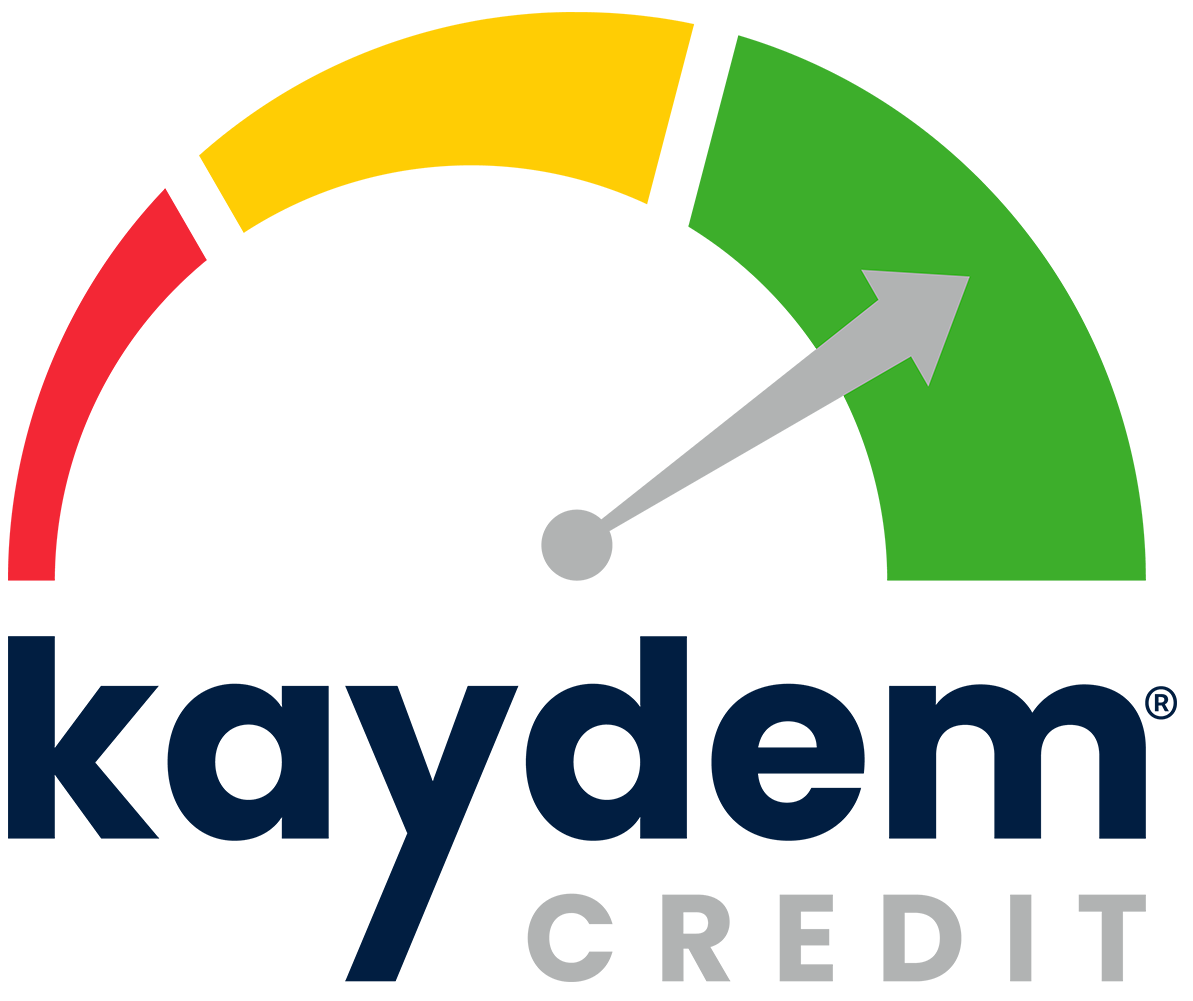The Fair Credit Reporting Act (FCRA) is a law passed in the U.S. in 1970 to ensure consumers have access to accurate credit information. It also protects consumers against unfair and inaccurate practices when seeking employment, insurance, or other benefits based on their credit reports.
The FCRA establishes guidelines for how entities must treat consumers’ credit information and provides precise requirements for protecting consumers’ financial well-being.
This article explores the FCRA in greater detail by discussing its purpose, how it protects consumers, and the requirements for different entities.
To Whom Does the Fair Credit Reporting Act Apply To?
The FCRA regulates companies that gather and sell your information to others, called consumer reporting agencies. The U.S.’s three largest consumer reporting agencies are Equifax, TransUnion, and Experian. Despite popular belief, these bureaus are not government organizations but businesses operating for profit and publicly traded.
The FCRA regulates businesses called data furnishers, which share your information with consumer reporting agencies. These furnishers may include banks, credit unions, credit card issuers, collection agencies, and other creditors.
FCRA Requirements for Different Entities
Consumers and Credit Reporting Agencies
Under the FCRA, credit reporting agencies are required to ensure that all information they provide is complete and accurate. They must also keep consumers’ data secure and confidential.
The FCRA also requires credit reporting agencies to provide consumers access to their credit reports. Consumers have the right to dispute any inaccurate information and to have it corrected or deleted if it is false.
Employers and Employer Users of Reports
Under the FCRA, employers and employer users of reports must obtain an individual’s written consent before conducting a background check. This includes checks on credit information and other aspects of an individual’s record, such as employment history and criminal records.
Suppose an employer or employer user of reports denies employment, insurance, or other benefits to an individual based on information obtained from a consumer report. In that case, they must provide written notice to the individual, including information about the reason for denial and instructions on correcting any inaccurate information.
Furnishers of Information to Credit Reporting Agencies
The FCRA requires businesses that share information with credit reporting agencies to ensure the accuracy of the information they provide. This means furnishers must take reasonable steps to investigate disputed items and make corrections if inaccurate information is on a consumer’s report.
Furnishers must also remove information from consumers’ reports over seven years old. The exception to this is bankruptcy which can remain on a consumer’s report for up to 10 years.
In addition, the FCRA requires furnishers of information to provide timely notice when records are updated or corrected so that consumers will know when the information in their report has been updated.
Finally, furnishers are prohibited from providing negative information about a consumer to a credit reporting agency after the consumer disputes it. This helps ensure that consumers’ reports remain accurate and up-to-date.
Understanding Your FCRA Rights
Consumers need to understand their rights under the FCRA. Being aware of your rights can help you protect yourself from identity theft, errors on your credit report, and other unfair or deceptive practices.
Credit report access
You can access your personal consumer reports under the FCRA, including your Equifax, TransUnion, and Experian credit reports. An FCRA amendment called the Fair and Accurate Credit Transactions Act (FACTA) allows you to access these reports for free once every 12 months.
You may be eligible for free credit reports in certain situations, such as:
- – If you have been denied credit, insurance, or a job due to your credit history (called “adverse action” by the FCRA)
- – If you plan on applying for a job within 60 days and are currently unemployed
- – If you have added a fraud alert due to identity theft
- – If there is fraudulent information on your credit report
- – If you receive public assistance.
The FCRA not only grants you access to your consumer reports, but it also restricts who can buy your personal information. Consumer reporting agencies can only disclose your data to those who have a “permissible purpose” under the FCRA, such as:
- – Companies assessing your eligibility for credit or services (such as lenders and landlords)
- – Employers (with your written consent)
- – Your existing creditors
- – Individuals with a court order to obtain your information
- – Companies present you with a “firm offer of credit or insurance.”
Consumers can access their free annual reports by visiting AnnualCreditReport.com. For more regular credit monitoring, consumers can sign up for a service to view their reports monthly. Fund&Grow Credit Services is a stellar option for credit monitoring, as it is one of the few services that offer you access to your Experian, Equifax, and TransUnion reports within one platform. This service also provides real-time alerts of changes to your reports to prevent identity theft and fraud, along with many other benefits. To learn more or sign up for this service, visit FundandGrowCreditServices.com.
Disputing Credit Errors
Under the Fair Credit Reporting Act, consumers can dispute errors in their credit reports. If consumers believe there is incorrect or outdated information on their report, they can file a dispute with each of the three major credit bureaus.
Upon receipt of the dispute, the credit bureau must conduct an investigation and verify the accuracy of the information. If it is determined that the information on the report is inaccurate, then it must be removed or corrected by law.
It’s important to note that consumers can dispute incorrect information with each of the three major bureaus separately; they do not have to file disputes with all the bureaus simultaneously. Consumers should also remember to keep copies of any documents they submit to support their dispute. This can include pay stubs, bank statements, court orders, or other records that prove the information on the report is wrong.
Under the FCRA, the credit bureau must investigate and respond within 30 days of receiving the dispute. If the consumer is unsatisfied with the response, they can file a complaint with the Consumer Financial Protection Bureau (CFPB). The CFPB can help resolve disputes between consumers and credit bureaus and take legal action against companies violating consumer protection laws.
Time Limits for Negative Items
The Fair Credit Reporting Act (FCRA) also limits how long negative information can remain on a consumer’s credit report. According to the FCRA, most negative items – such as unpaid debts and collection accounts – can remain on a credit report for up to seven years. In some cases, however, derogatory information may stay on a person’s credit report longer. For example, bankruptcies can remain on a person’s credit report for ten years.
It is important to note that the seven-year period begins from the delinquency date–not when it was reported to the credit bureaus. So if a debt remains unpaid for an extended time, it can stay on one’s credit report for over seven years.
If the consumer believes an item is inaccurate or has been reported past the FCRA’s time limit, they have the right to dispute it and request that it be removed from their credit report. Consumers should also remember that even if the information is correct and within the seven-year time limit, disputing it will not necessarily remove it. The consumer may need to take additional steps to resolve the issue before the item can be removed.
Learn More
Ultimately, the FCRA is a powerful tool and sets rights and obligations to protect consumers regarding their credit information. The Fair Credit Reporting Act ensures accuracy in reporting and control over all of an individual’s personal financial information. For these reasons alone, individuals can rest assured knowing their credit history remains safe.
For more information about the FCRA and consumer protection, visit the Federal Trade Commission website.







